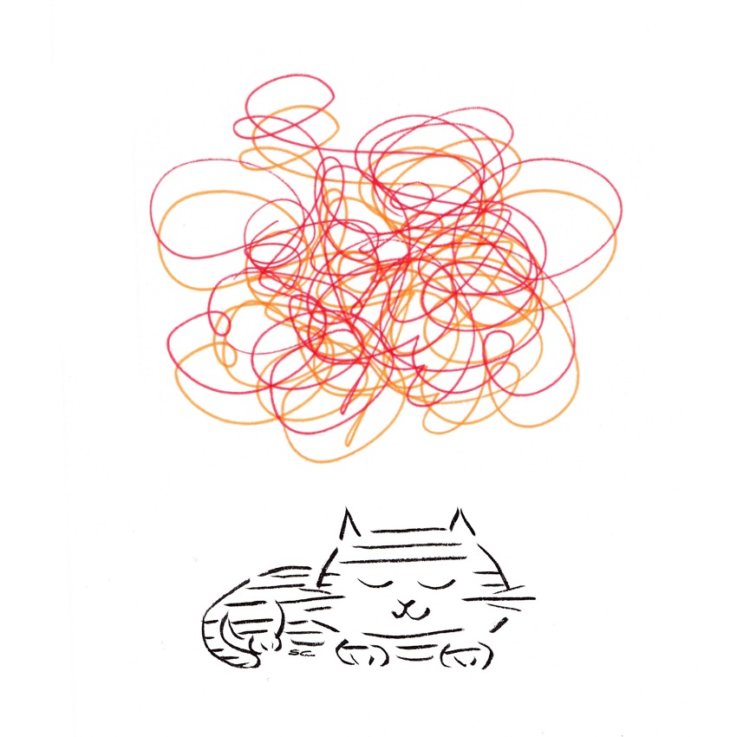
Every week, I participate in a group meditation session in a quiet room in an old Victorian mansion. We all get together, settle in, and sit for ten minutes in silence. Afterward, at least one person in our meditation group will say, “I can’t meditate.” There’s been no strict lecture about how to meditate, no iron-clad instructions given. That leaves a lot of room for interpretation of what meditation might be, but at least a few people think that whatever they’re doing, it’s not meditation.
Usually, people think meditation is about having no thoughts at all—just clearing the mind like it’s a freshly-wiped chalkboard. Except our minds weren’t built for blankness. If they were, our species would’ve been fast food for predators and ended long ago. Your mind is supposed to be on the alert and processing information all the time.
The thing is, that great alertness and ability to process intel goes overboard into trying to forecast the future and rehashing the past, over and over, like we’re Westworld’s hosts trapped in our own storylines. Meditation helps us break free of those old storylines and attempts to forecast the future, as well as being great for overall health, pain management, stress relief, and handling life with enviable calm. (Sounds good, right?)
Meditation has a reputation for being difficult because of all those thoughts swirling around, but it’s not impossible. We can learn how to steer our attention away from the mental babble and onto something quieter.
If you want to use your breathing as a focus for your meditation, all you have to do keep steering back to that, over and over. Want to use a Mantra (like an affirmation)? Bring your attention back to that when your mind wanders. There’s no reason to get frustrated, because that’s what meditation is about—gently bringing your attention back to your point of focus, like steering a wandering toddler into a safe area. After a while, thoughts just kind of slow down on their own when they see you’re not interested in getting distracted by them.
There’s no reason to get frustrated, because that’s what meditation is about—gently bringing your attention back to your point of focus, like steering a wandering toddler into a safe area.
Some thoughts really want attention, though. The quiet space of meditation means that stuff you may not have wanted to deal with comes floating up to the surface. If this gets uncomfortable enough, you probably stop the meditation and go back to your usual stream of thoughts, or to skipping this meditation stuff entirely.
If this has happened to you, don’t let it keep you from trying again. Meditation can help you find solutions to problems and peace from stress. You just have to approach the troubling thoughts with an easy trick.
When difficult thoughts come up during meditation, think of them as watching a weather report of a hurricane that’s far out at sea. Yep, that’s a storm—but it’s nowhere near you; it can’t hurt you or anyone else. Nothing is happening to you right now. You’re just sitting comfortably in your home or yoga studio, or maybe some charming old Victorian mansion. And you’re just watching TV in your mind. That’s all.
Whatever comes up on your mental weather report, know that regular meditation will help you deal with it. Also, you can always change the channel with your Mantra (I’ll give you some examples next week). As Buddhist teacher Pema Chodron says, “You are the sky. Everything else—it’s just the weather.” Enjoy the beautiful day within you, divine light.
Suzan Colón is the author of Yoga Mind:Beyond the Physical: 30 Days to Enrich Your Practice and Revolutionize Your Life From the Inside Out


Grok Nation Comment Policy
We welcome thoughtful, grokky comments—keep your negativity and spam to yourself. Please read our Comment Policy before commenting.